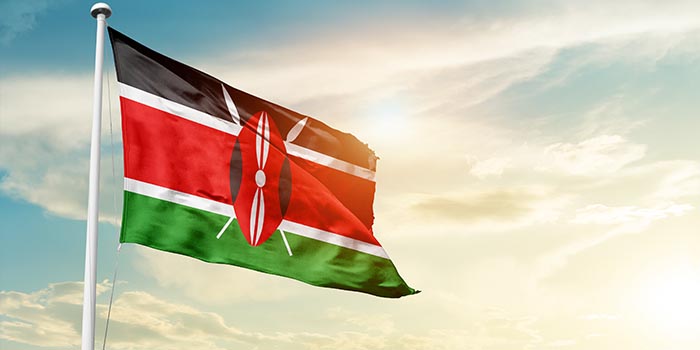Kenya is poised for sweeping transformation in its gambling landscape, with a policy initiative that seeks to pave the way for the establishment of an entirely new regulatory mechanism as well as comprehensive revamping of the country’s betting rules.
Christened as the Gambling Control Bill 2023, this legislation proposes replacing the incumbent Betting, Control and Licensing Board (BCLB) with a newly conceived regulatory body. It also aims to usher new directives concerning betting, casino gambling and other affiliated gambling arenas. Moreover, the bill is set to legalize prize contests, public lotteries, and media promotions.
This prospective change catalyst in Kenyan gambling is the brainchild of the National Assembly Majority with leader Kimani Ichung’wah at the helm. If successfully enforced, the bill promises to significantly redefine the gambling landscape in Kenya.
The final fate of this proposed legislation now lies in the hands of Parliament, with a definitive decision yet to be announced.
Introduction of New Regulations on the Horizon
In the event of the enactment of the proposed rules, there is an anticipated expansion in gambling activities, paralleled with a proportional enhancement in regulations. The proposed law envisages the formulation of a regulator equipped with adequate powers to take measures against law-defying gambling corporations. Imposing heavy penalties for infringements of the legislative norms of the nation’s gambling industry form a part of these regulatory moves, in a bid to deter gambling operators from flouting established rules.
With an intention to deter violation of the proposed rules, the bill mandates gambling operators to furnish a bank guarantee or an insurance security bond long enough to cover possible infractions. Unauthorized promotion of a lottery, for instance, could invite a hefty KES 1 million fine (approximately $6,500) or even a year-long incarceration.
Moreover, the newly proposed regulatory body would enforce a prohibition on bets lesser than KES 20. Non-compliance with this stipulation could lead to a remarkable KES 50 million ($328,000) penalty.
Another vital responsibility of this prospective regulator would be to prevent minors from getting involved in gambling. To this end, the proposed bill plans to restrict firms from advertising their offerings between 6 am and 10 pm.
The fundamental principles of the Gambling Control Bill dictate the institution of a 15% tax on gross revenue, besides the imposition of a monthly levy. Lottery organizers, in contrast, would be compelled to channel 30% of their income towards charity establishments.







